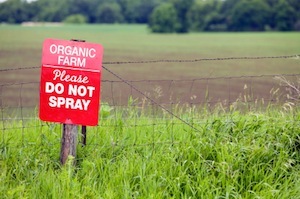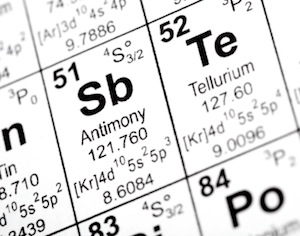We hear a lot about the importance of eating food that’s organically grown and free of pesticides and other harmful toxins. That’s often where the conversation stops. However, should we also give consideration to the cookware we use to prepare the food we eat? Of course nobody wants to eat food with a high aluminum content, but what about preparing food in aluminum cookware? Does that present safety concerns? What about stainless steel cookware? Much research indicates that we need to be as deliberate in the cookware we use as […]







